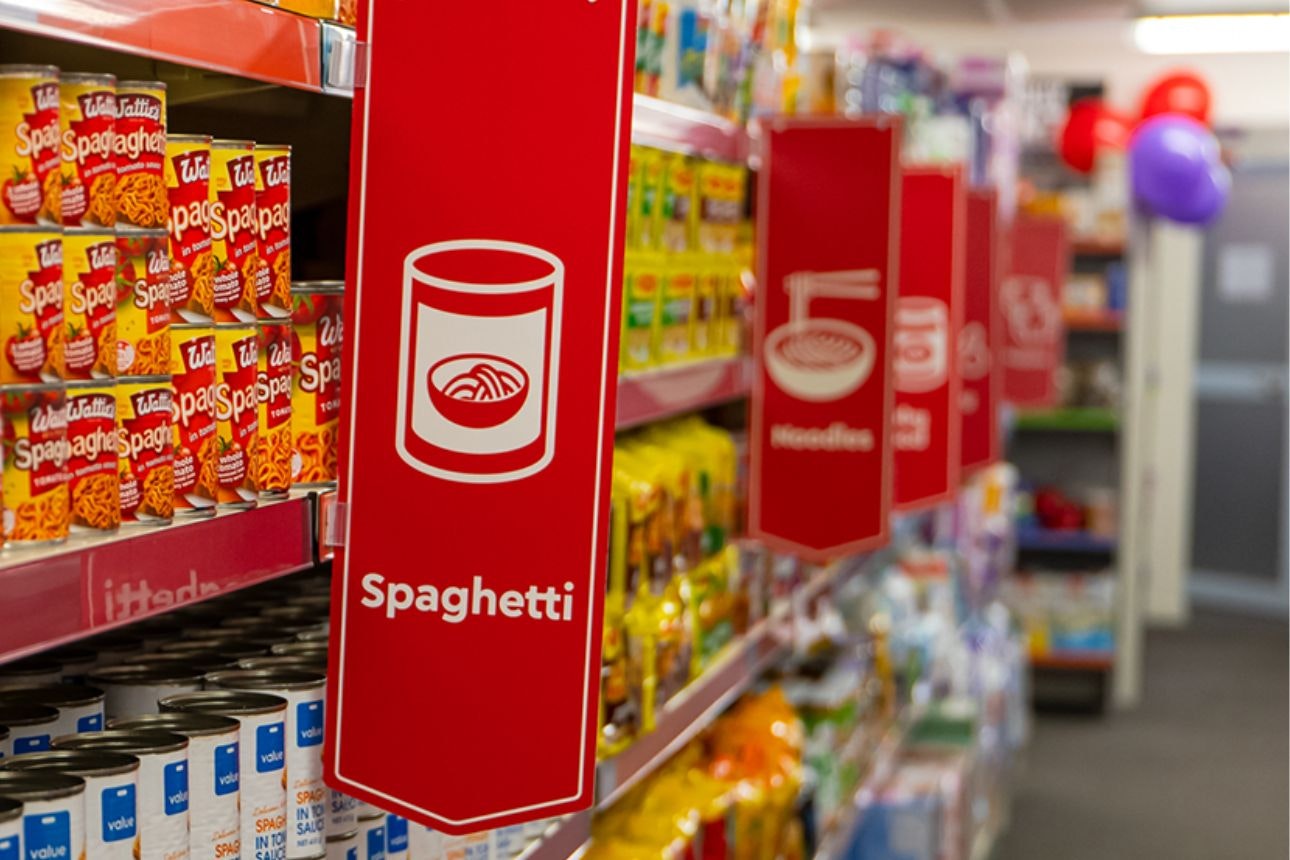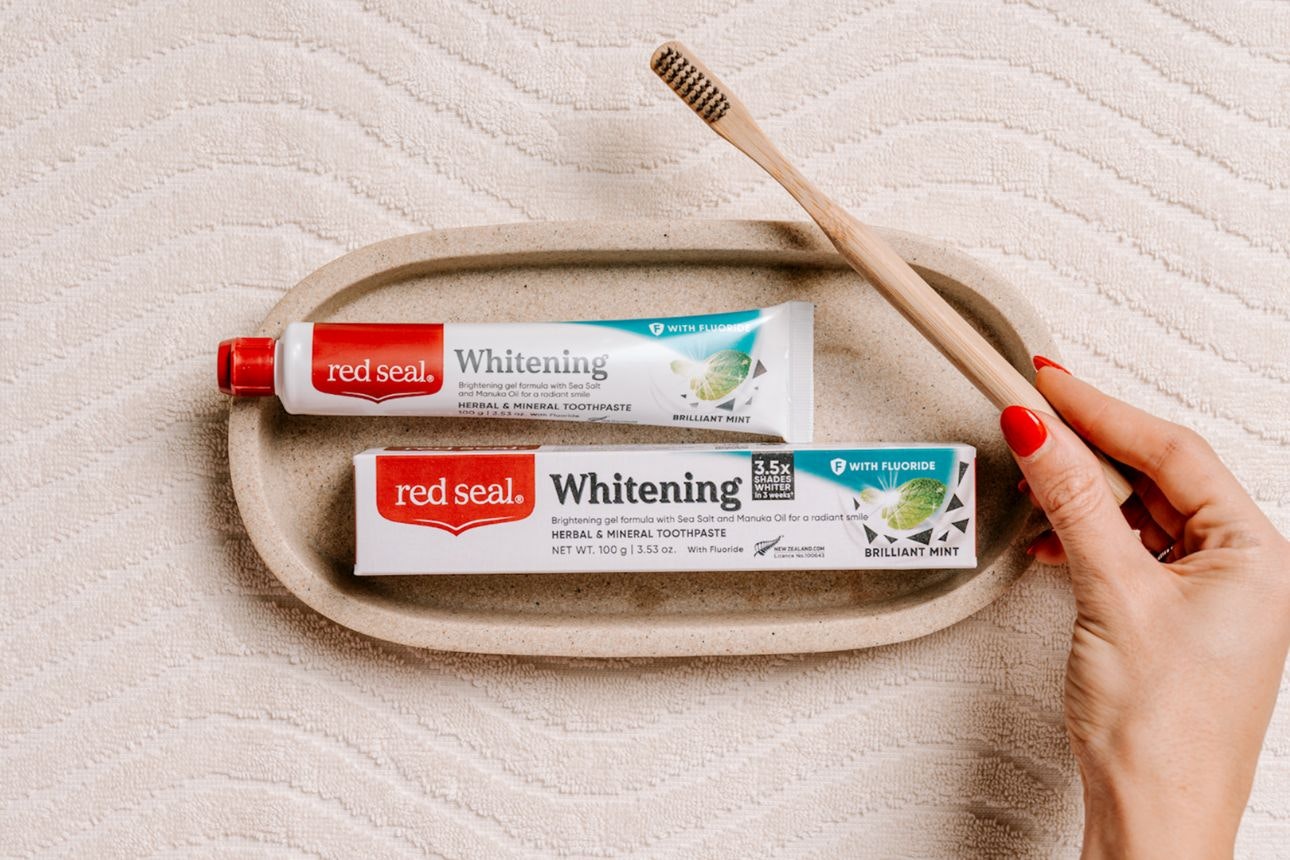
By Vanessa Pratley
Investigative Journalist | Kaipūrongo Whakatewhatewha
Getting tough on crime has become a regular refrain in the media in recent times, but what about getting tougher on businesses that mislead customers?
The government has introduced a range of policies to get tough on crime. A ban on gang patches, the reintroduction of a three-strikes law in bill form and tougher sentencing to name a few. Justice Minister Paul Goldsmith told media the changes would give criminals “real consequences”, and the changes no doubt look to contribute to the Government’s target of 20,000 fewer victims by 2029.
But crime is only one species of offending, and our Government is failing to address offending of another kind – breaches of the Fair Trading Act 1986 (FTA).

The Fair Trading Act and its related penalties
The FTA covers unfair conduct in trade, including misleading and deceptive conduct. Basically, if a business lies or tricks you, they’ll fall foul of the act. The FTA also covers product and service safety and unfair contract terms and sets out consumer information standards. A breach of the act isn’t a crime, but it is an offence.
The Commerce Commission enforces the FTA but doesn’t set the penalties (that’s up to the government) or decide the amount of any fine (that’s up to the courts at sentencing).
As is common in lots of laws where a judge can impose a financial penalty, the act sets the maximum penalty available. Currently, a business found in breach of the FTA is liable to a fine not exceeding $600,000 for each charge laid. That last point is important because it means if a business is charged with three offences, that business could be liable for a fine of up to $1.8 million.
That’s the theory anyway. In reality, fines are never that big. In fact, a casual stroll down memory lane for cases decided since 2020 shows that the courts aren’t even getting close to these maximum penalties. For larger businesses, like big supermarkets, the fines look more like a cost of business than a penalty; take the case of Pak’nSave Māngere, for example.
A cost of doing business
In 2018, Pak’nSave Māngere charged a higher price at the checkout than what was advertised on the shelf for a range of items over six dates. The store pleaded guilty to six charges under the FTA for these misrepresentations. The maximum fine for this offending would have been $3,600,000. The eventual fine was $78,000 or 2.1% of the maximum penalty.
According to the information put in front of the judge, the supermarket’s turnover in the 2018 financial year was $55,000,000. As of August 2019, it served on average 3,203 customers a day, with each customer buying, on average, 11.5 items totalling to $58.58. Based on these figures, the fine equated to just over 12 hours’ turnover. The fine is pennies to Pak’nSave Māngere. How could a fine that represents 0.14% of the supermarket’s annual turnover actually deter it from further offending? I’d say it can’t.
There are a range of parties here that influence the penalties imposed: the courts, which have the ultimate say; counsel for the parties, who submit on what’s appropriate in the circumstances; and the government, which decides the statutory limit. Doubtless each party here would prefer that a supermarket didn’t mislead or deceive people, but only the government has the power to do anything about it.
Manifestly inadequate
The Commerce Commission has recognised there is a problem. In June last year, it announced it was appealing the fine imposed on the Auckland information technology company NZME Advisory Ltd (NZME) in a product safety case taken under the FTA. NZME sold magnetic toys (known as Bucky Balls) through the online sales website GrabOne in breach of an unsafe goods notice – meaning the goods were illegal to sell in New Zealand. A child swallowed two magnets from one of the toys and needed major surgery to have them removed.
The company was fined $87,750 for actions that posed a risk to the lives of children. Commission Chair, John Small described this as a “manifestly inadequate” sentence, and the High Court agreed, more than doubling the fine to $195,000.
This wasn’t the first time the Commission had appealed a fine on the basis it was manifestly inadequate. In May 2022, the Commission appealed a record $2.25 million fine against One NZ, then known as Vodafone. The telecommunications giant, guilty of 18 charges under the FTA, was fined $3.675 million on appeal to the High Court in 2023. But the increased fine didn’t set One NZ back more than the equivalent of about 16 hours’ revenue.
These are two examples of cases where the Commission has asked for bigger fines, but most cases don’t even make it past the Commission’s complaints inbox let alone to the courts.
When they do, such cases might not end in court action but rather result in a range of outcomes, such as warnings, which are more a slap-on-the-wrist type penalty. A recent example was the warning the Commission sent to Davie Clothing. Never heard of this company? You might be more familiar with its other name, The Oodie.
After an investigation, the Commission determined that six of Davie Clothing’s children’s beach Oodies (poncho-type gowns, like a wearable blanket but made from towel material) didn’t comply with safety standards. While the Commission said it was likely that Davie Clothing breached the FTA, it only issued the company with a warning.
Meanwhile, the Australian counterpart, Australian Competition and Consumer Commission (ACCC), dealing with the same business and coming to the same conclusion, issued an infringement notice requiring Davie Clothing to pay AU$101,280. Why the big difference? The ACCC has a statutory power to issue these smaller fines, but our Commerce Commission doesn’t when it comes to fair trading.
Time to get tough on offending
What is needed here is a law change. The $600,000 limit was introduced in 2014. It’s been 10 years, and there’s a decent case to be made that the limit itself should increase (think inflation), but a law change could see the addition of other ways to measure the fine.
The FTA’s Australian equivalent, the Australian Consumer Law (ACL), includes some measures that could be implemented here. The ACL covers fair trading offences, including making false or misleading representations, misleading conduct and other similar conduct prohibited under our own FTA. Where a business is guilty of offending, the Australian courts have the power to order a fine for each offence no more than the greater amount of either:
$50,000,000
if the court can determine the value of the benefit gained from the conduct, three times the value of that benefit
30% of the business’ adjusted turnover for the annual period of the offending.
The ability to issue smaller infringement fines where the Commission finds a business was likely to have breached the fair trading provisions of the FTA would improve on giving them a slap on the wrist. This isn’t to say the ACCC always gets it right, but its larger remit means it can facilitate more effective deterrents.
Making these changes might give the Commission teeth, and our government could win a reputation for being tougher on a wider range of offending.
These aren’t the only much-needed changes to the FTA. We also want to see wording changes to allow consumers to challenge unfair contract terms and provisions to tackle greenwashing.
The responsibility for fixing these problems sits squarely on the government’s shoulders, and I’d wager it’s unlikely that anything will change with the coalition’s pro-business stance. But something must change to bridge the gap in the law and its enforcement because, currently, misleading you and breaking the law is all in a day’s revenue.

We know your rights
Got a problem with a faulty product, received shoddy service or been misled by a retailer? Our expert advisers can provide clear, practical advice that you can trust.



